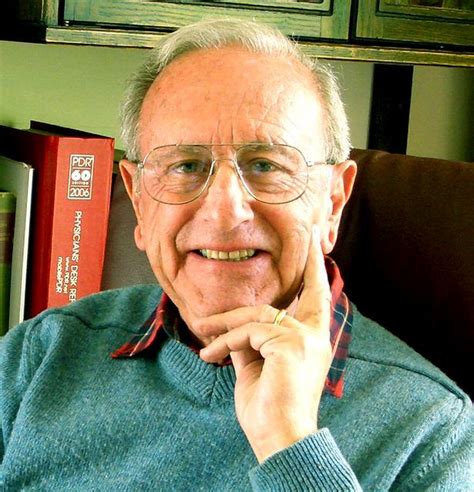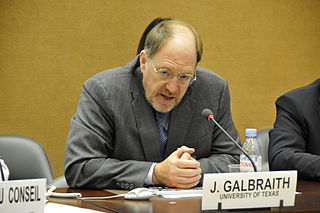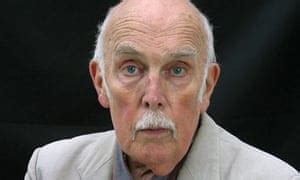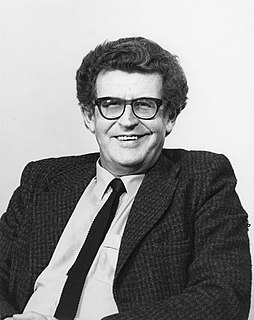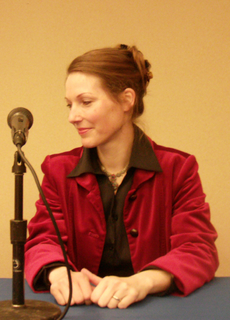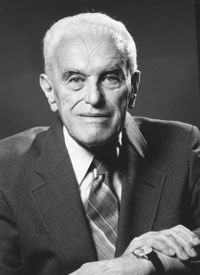A Quote by John Kenneth Galbraith
The seminar in economic theory conducted by Hayek at the L.S.E. in the 1930s was attended, it came to seem, by all of the economists of my generation - Nicky Kaldor , Thomas Balogh, L. K. Jah, Paul Rosenstein-Rodan, the list could be indefinitely extended. The urge to participate (and correct Hayek) was ruthlessly competitive.
Related Quotes
The first proponent of cortical memory networks on a major scale was neither a neuroscientist nor a computer scientist but .. a Viennes economist: Friedrich von Hayek (1899-1992). A man of exceptionally broad knowledge and profound insight into the operation of complex systems, Hayek applied such insight with remarkable success to economics (Nobel Prize, 1974), sociology, political science, jurisprudence, evolutionary theory, psychology, and brain science (Hayek, 1952).
I can't resist telling you that when the Vienna Economics Institute celebrated its centennial, many years ago, they invited, as their keynote speaker, my father [John Kenneth Galbraith]. The leading economists of the Austrian school- including von Hayek and von Haberler - returned for the occasion. And so my father took a moment to reflect on the economic triumphs of the Austrian Republic since the war, which, he said, "would not have been possible without the contribution of these men." They nodded - briefly - until it dawned on them what he meant. They'd all left the country in the 1930s.
Friedrich Hayek, who died on March 23, 1992 at age 92, was arguably the greatest social scientist of the twentieth century. By the time of his death, his fundamental way of thought had supplanted the system of John Maynard Keynes - his chief intellectual rival of the century - in the battle since the 1930s for the minds of economists and the policies of governments.
If, of course, one builds into the concept of an 'individual' all that Professor Hayek does in his Road To Serfdom, Individualism and Economic Order and many other works, which is, to put it briefly, the whole of laisser-faire economic theory, then plainly man as such a programmed predator has very little interest in being fraternal, or very little chance.
If the central contest of the twentieth century has pitted capitalism against socialism, then F. A. Hayek has been its central figure. He helped us to understand why capitalism won by a knockout. It was Hayek who elaborated the basic argument demonstrating that central planning was nothing else but an impoverishing fantasy.
Hayek made a quite fruitful suggestion, made contemporaneously by the psychologist Donald Hebb, that whatever kind of encounter the sensory system has with the world, a corresponding event between a particular cell in the brain and some other cell carrying the information from the outside word must result in reinforcement of the connection between those cells. These day, this is known as a Hebbian synapse, but von Hayek quite independently came upon the idea. I think the essence of his analysis still remains with us.
Even as I pursued a doctorate in the history of ideas in my native Denmark, I realized I had neither the encyclopedic training nor the passion for cool logic - not to mention the nerve - to follow in the footsteps of classical liberal philosophers and economists such as Robert Nozick, Friedrich Hayek, and Milton Friedman.
where Nietzsche's response to the equation of socialism and morality was to question the value of morality, at least as it had been customarily understood, economists like Mises and Hayek pursued a different path, one Nietzsche would never have dared to take: they made the market the very expression of morality.
What's the single most important thing to learn from an economics course today? What I tried to leave my students with is the view that the invisible hand is more powerful than the hidden hand. Things will happen in well-organized efforts without direction, controls, plans. That's the consensus among economists. That's the Hayek legacy.

